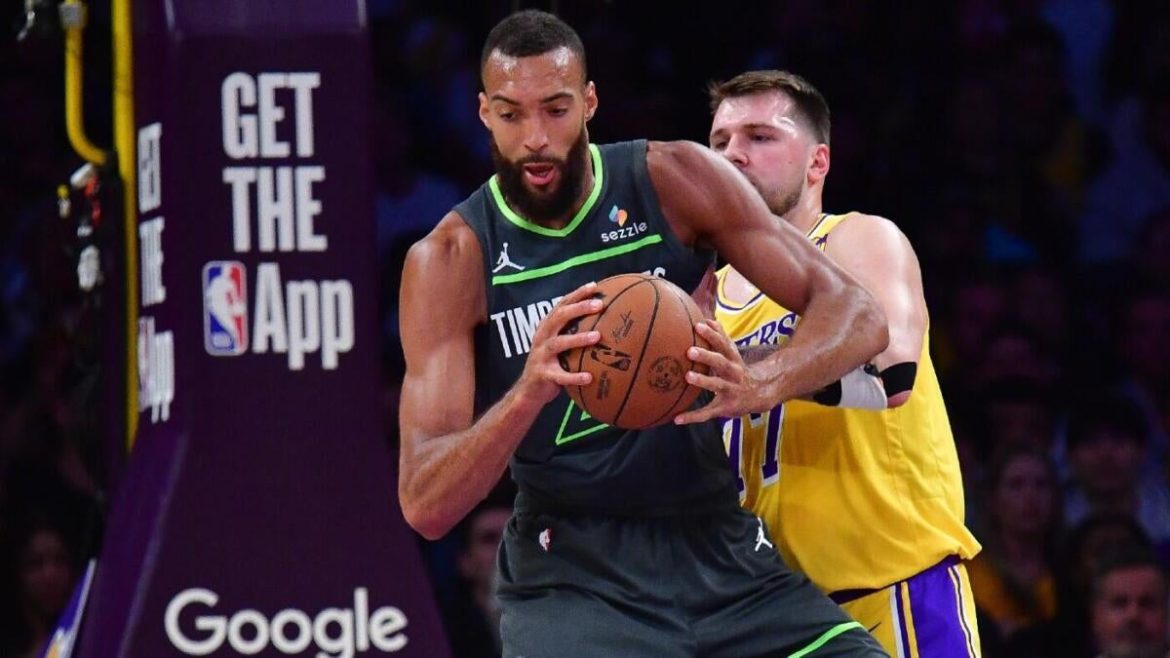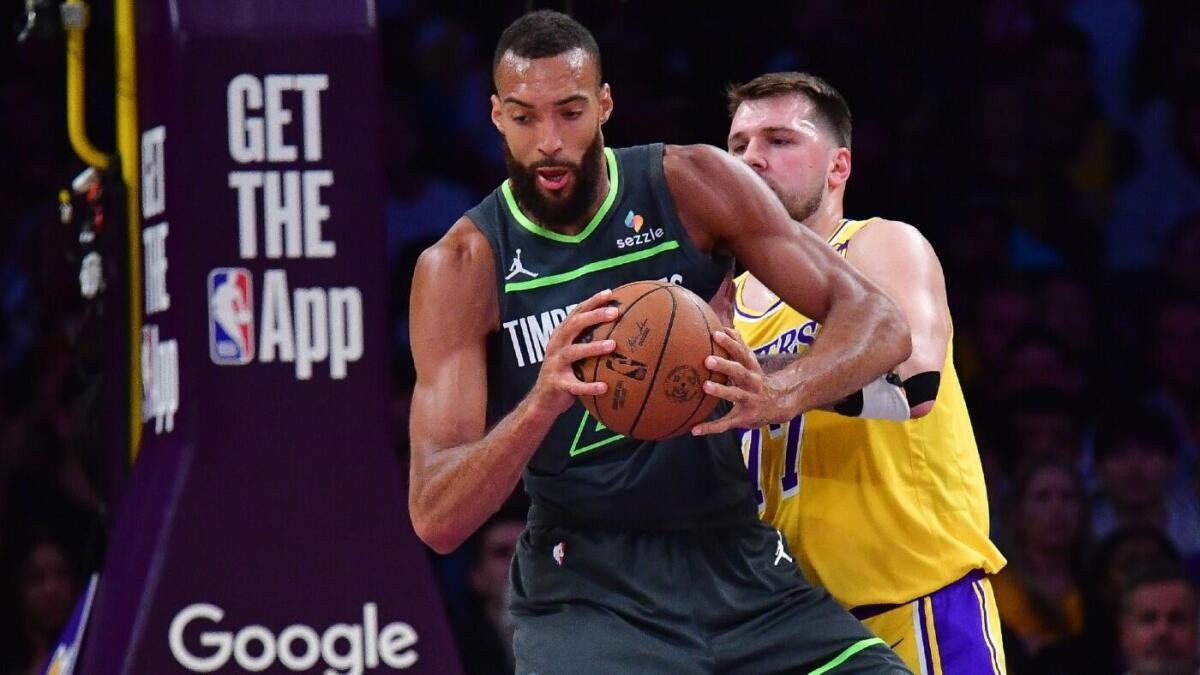The Timberwolves’ Dominant Run: A Detailed Analysis of the Lakers’ First-Round Exit
Anthony Edwards’ meteoric rise and the Timberwolves’ strategic prowess sent shockwaves through the NBA as they dispatched the star-studded Lakers in a commanding 4-1 series victory. This unexpected turn of events not only highlighted the Timberwolves’ depth and resilience but also underscored the Lakers’ struggles to coalesce their formidable roster into a cohesive playoff unit. Let’s delve into the key factors that defined this series and the implications for both teams moving forward.
The Timberwolves’ Strategic Mastery
Rudy Gobert’s Dominance
Rudy Gobert’s performance was a linchpin in the Timberwolves’ success. His dominant displays at both ends of the court were instrumental in neutralizing the Lakers’ offensive threats. Gobert’s 27-point, 24-rebound performance in Game 5 was a testament to his defensive prowess and offensive versatility. His ability to anchor the defense and provide a reliable scoring option made him an unstoppable force throughout the series.
Anthony Edwards’ Breakout
Anthony Edwards emerged as a playoff performer, adding LeBron James and Luka Dončić to his growing list of high-profile victims. Edwards’ aggressive play and clutch performances were crucial in key moments, particularly in Game 3, where he took over late to secure a pivotal win. His development into a reliable scorer and playmaker was a significant factor in the Timberwolves’ victory.
The Bench’s Contribution
The Timberwolves’ bench outplayed the Lakers’ reserves, particularly in Game 1, where they outscored the Lakers’ bench 43-13. This depth allowed Minnesota to maintain their intensity and energy levels throughout the series, a critical advantage in the grueling playoff format.
The Lakers’ Struggles
Inconsistent Performance
The Lakers’ performance was marred by inconsistency. While LeBron James and Luka Dončić showed flashes of brilliance, they often struggled to find their rhythm together. James’ 38-point effort in Game 3 was a highlight, but it was not enough to overcome the Timberwolves’ collective effort. Dončić’s struggles with illness in Game 3 further hampered the Lakers’ chances.
Defensive Lapses
The Lakers’ defense, particularly in the first quarter of Game 2, was porous, allowing the Timberwolves to build a significant lead early on. This defensive vulnerability was a recurring theme, as the Lakers failed to contain Minnesota’s offensive onslaught, particularly from beyond the arc.
Strategic Missteps
The Lakers’ small-ball lineup, which worked well in the regular season, was exploited by the Timberwolves. Gobert’s presence in the paint and the Timberwolves’ ability to switch defenders effectively neutralized the Lakers’ offensive strategies. The Lakers’ inability to adapt their game plan in response to these defensive adjustments was a critical factor in their downfall.
The Impact of the Series
For the Timberwolves
The Timberwolves’ victory was a statement win, proving that they are a legitimate contender in the Western Conference. Their ability to outplay a star-studded Lakers team bodes well for their future prospects. With a deep roster and a cohesive game plan, the Timberwolves have the potential to make a deep playoff run.
For the Lakers
The Lakers’ first-round exit raises questions about their future. Despite having two of the league’s best players in James and Dončić, the team struggled to gel. The Lakers’ front office will need to reassess their roster and coaching staff to address the issues that plagued them in this series. The team’s aging core and lack of depth were exposed, and significant changes may be necessary to compete at the highest level.
Conclusion: A New Era in the West
The Timberwolves’ Ascension
The Timberwolves’ victory over the Lakers marks a significant shift in the Western Conference power dynamics. With a young, talented roster and a proven game plan, the Timberwolves have established themselves as a team to watch. Their ability to outplay and outperform the Lakers is a testament to their potential and a warning to other teams in the conference.
The Lakers’ Rebuilding Phase
For the Lakers, this series loss is a wake-up call. The team’s reliance on their star players and lack of depth were exposed, and significant changes may be necessary to compete in the future. The Lakers’ front office will need to address these issues to ensure that the team can contend for a championship in the coming seasons.
The Timberwolves’ dominant run over the Lakers was a masterclass in strategic execution and collective effort. As the Timberwolves look to build on this success and the Lakers reassess their approach, the Western Conference is poised for an exciting and unpredictable playoff run. The lessons learned from this series will shape the future of both teams and the broader landscape of the NBA.





